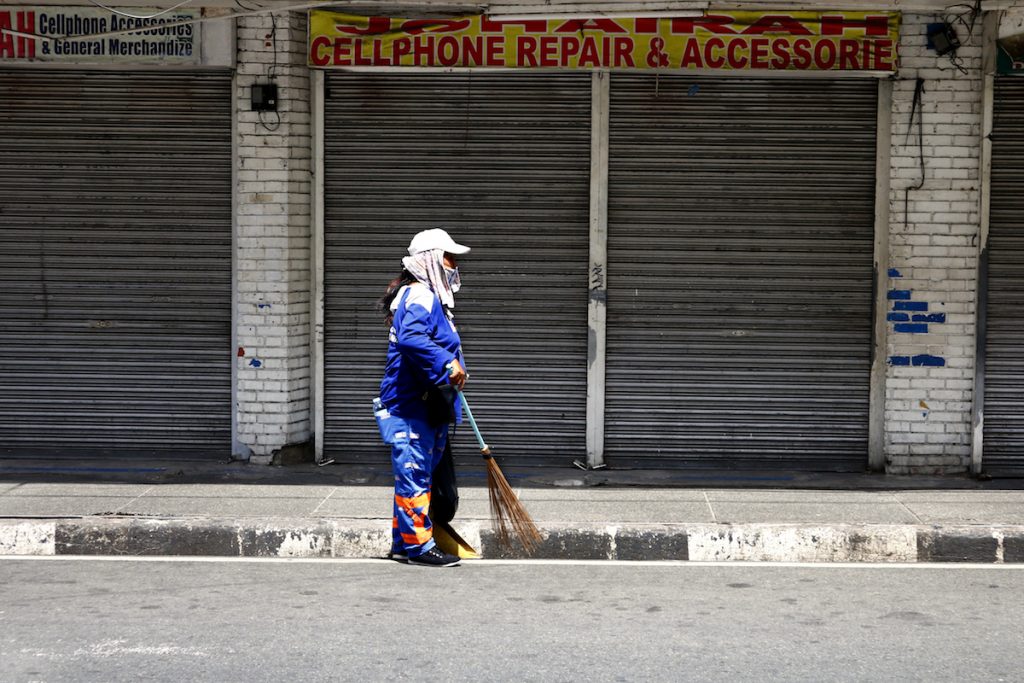The two-month lockdown in the Philippines due to the coronavirus pandemic has affected the finances of many churches across the country.
Catholic church leaders admitted that the prohibition of public Mass celebrations and other religious activities has had a “tremendous” effect on parishes.
“Not only are there no Mass collections, we have to support our parish personnel,” said Bishop Broderick Pabillo, apostolic administrator of the Archdiocese of Manila.
The prelate said many parishes have to shell out money to help the poor by giving out food and other relief aid.
“The parishes helped one another. Those who have resources helped those who do not have enough,” said Bishop Pabillo.
Bishop Ruperto Santos of Balanga said his diocese had to use its savings, which were supposed to be given to members of the clergy, to help those in need during the health crisis.
To help the faithful, the diocese has also to forego for two months the obligations of those using church properties.
Father Melvin Castro of the Diocese of Tarlac said that because there were no incoming funds, parishes had to “rely on God’s providence.”
“Like the rest of the people and the faithful, we rely on the providence of God, and He is never failing us,” said the priest.
“We are even able to help the poorer members,” he said.
Appeal for donations
The Council of the Laity of the Philippines, or Laiko, has earlier called on Catholics not to neglect the Church during the pandemic.
The group appealed to the faithful to support the Church, which continues to help the needy despite the lack of collections due to the suspension of religious activities.
“For eight weeks, there has been no Holy Mass celebration in our parishes … As a result, collections and various offerings to our churches have also stopped,” read Laiko’s appeal.
The group appealed to the faithful to continue their contributions as an “important and fundamental duty” of being church members.
“Let us be willing to support our neighbors, especially those in the peripheries who only depend on the generosity of fellow believers,” read Laiko’s statement.


Economic losses
The Asian Development Bank has warned that the Philippines could suffer up to US$24 billion in economic losses if the coronavirus crisis would last for six months.
ADB data showed that the potential economic losses in the Philippines could range from US$12.9 billion up to US$23.9 billion, depending on the length of time it takes for the country to contain the disease.
The ADB estimated that economic losses would reach between US$15.701-US$23.941 billion — representing 3.9 percent to six percent of gross domestic product.
The extent of the losses would depend on the length of the containment period — whether three or six months.
The Philippine government’s response to the pandemic stands at US$16.67 billion, representing 4.53 percent of GDP.
It includes the rollout of about US$4 billion in cash aid program for the informal sector; US$1 billion in wage subsidies for small businesses; a US$2.4-billion credit guarantee for affected small firms; and increased budget for the Health department.
The government’s National Economic and Development Authority has estimated the pandemic’s potential economic impact at US$39.4 billion or 9.4 percent of GDP this year.


